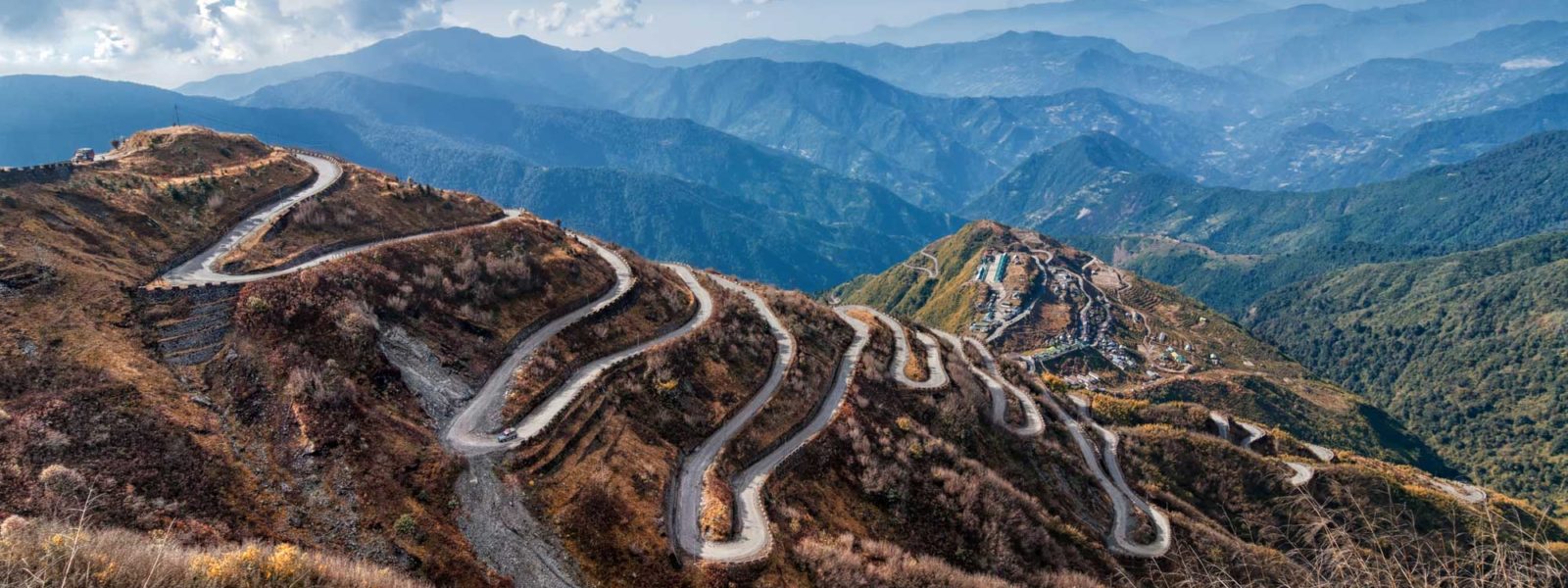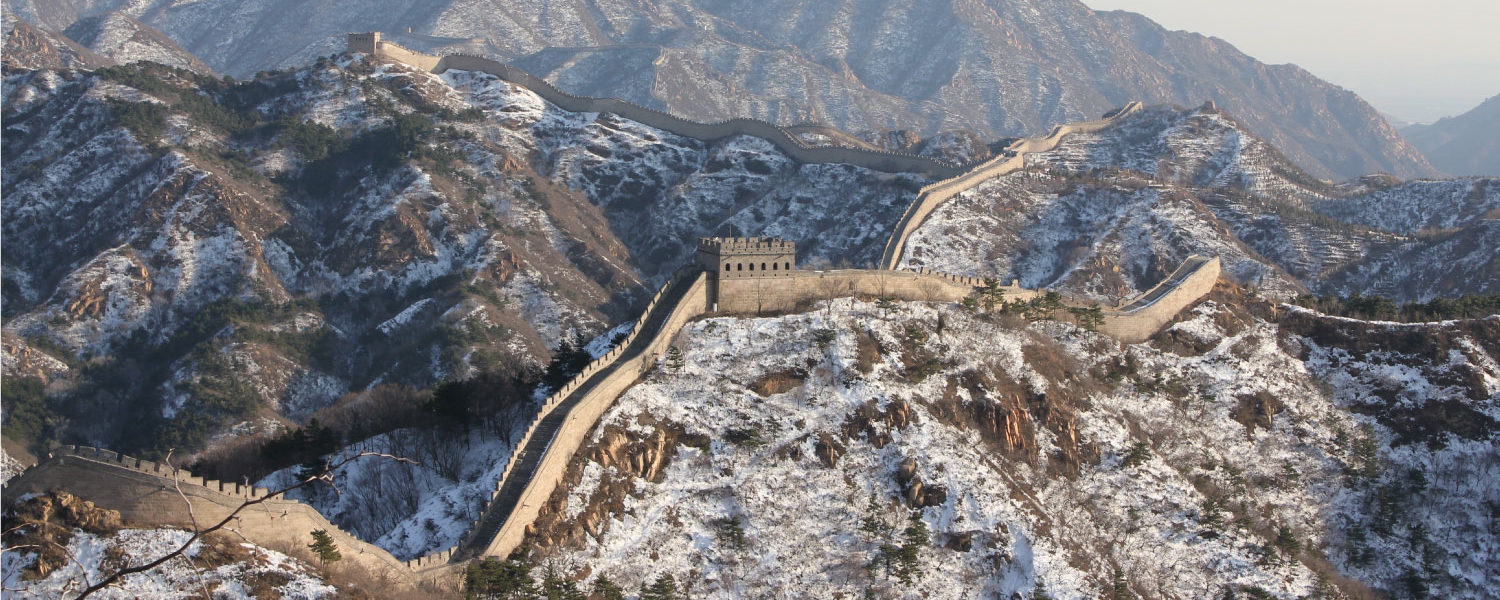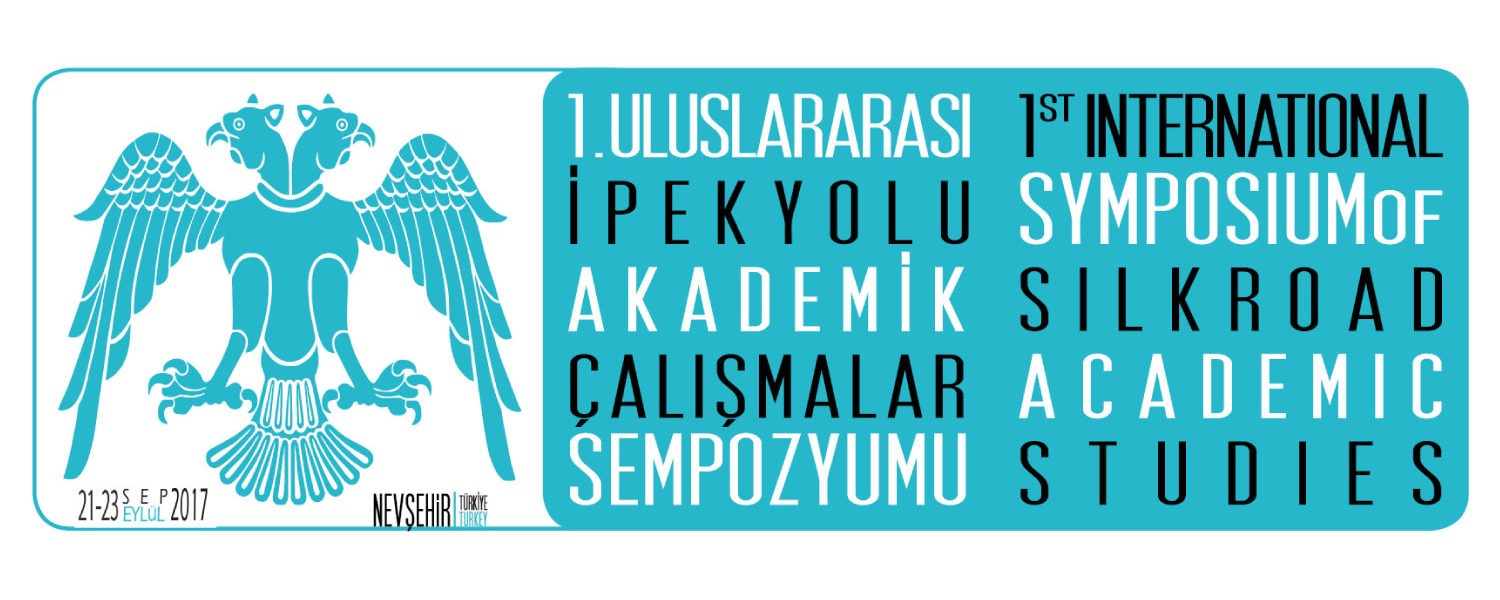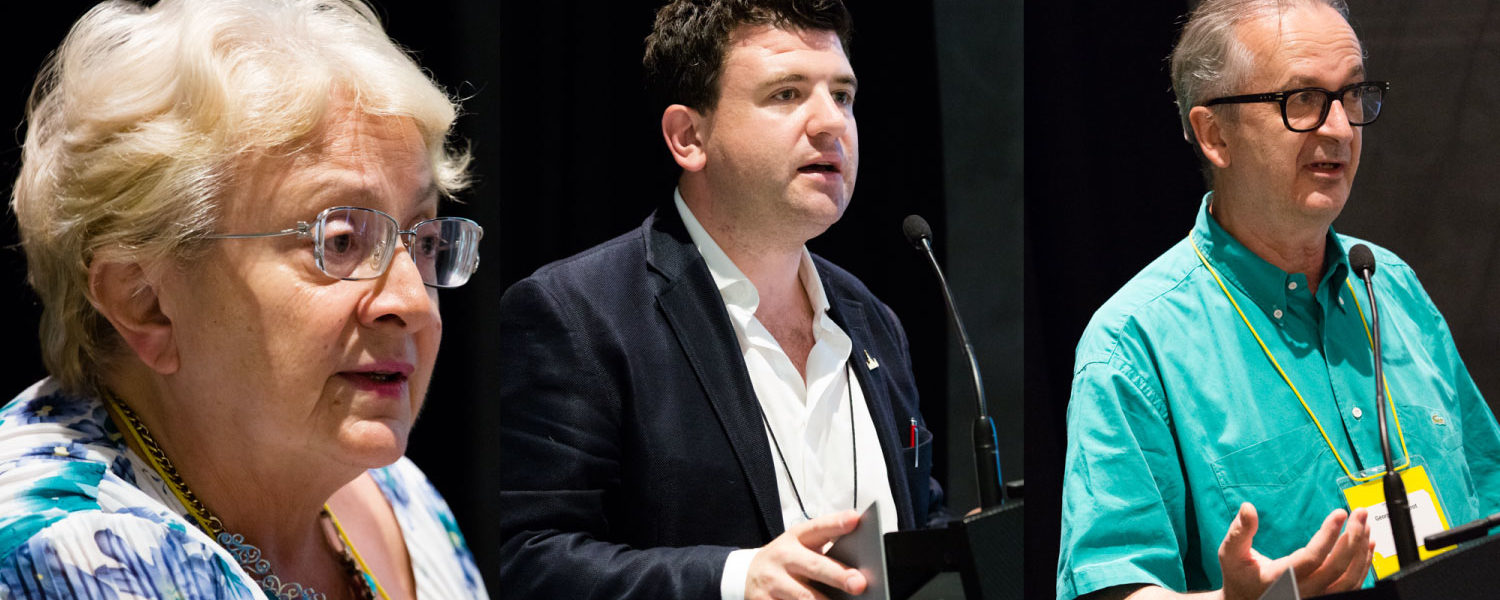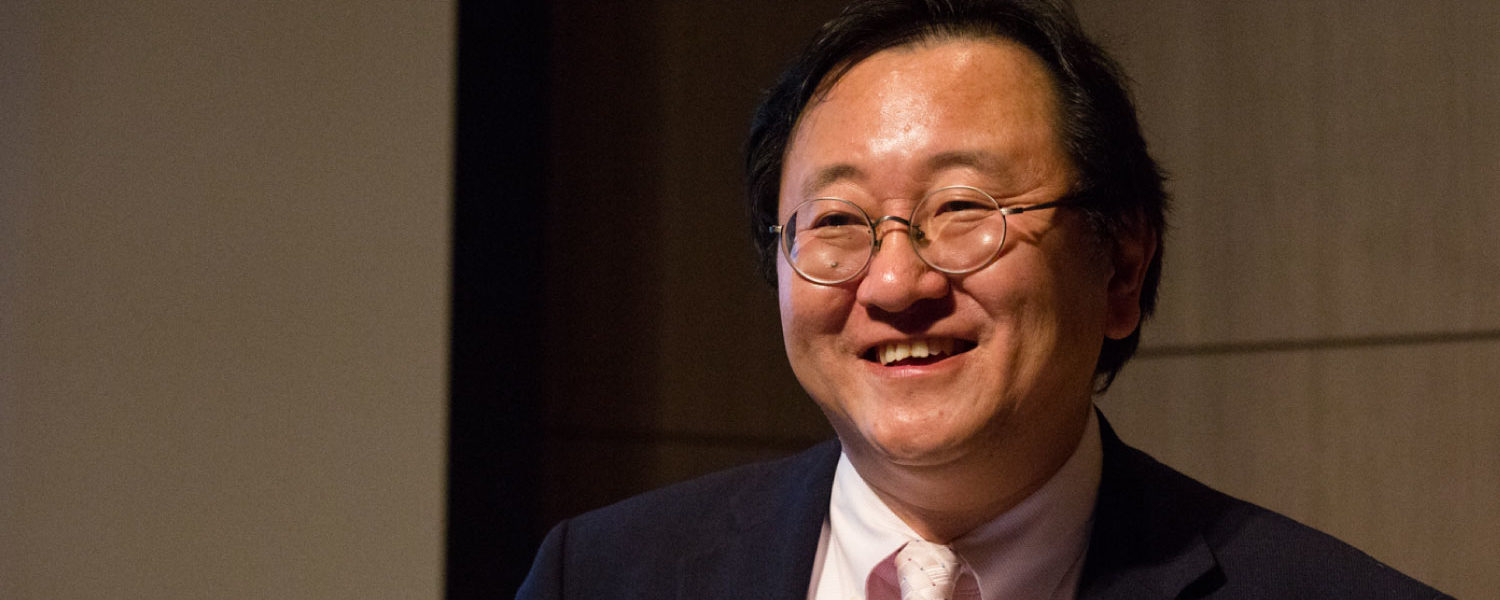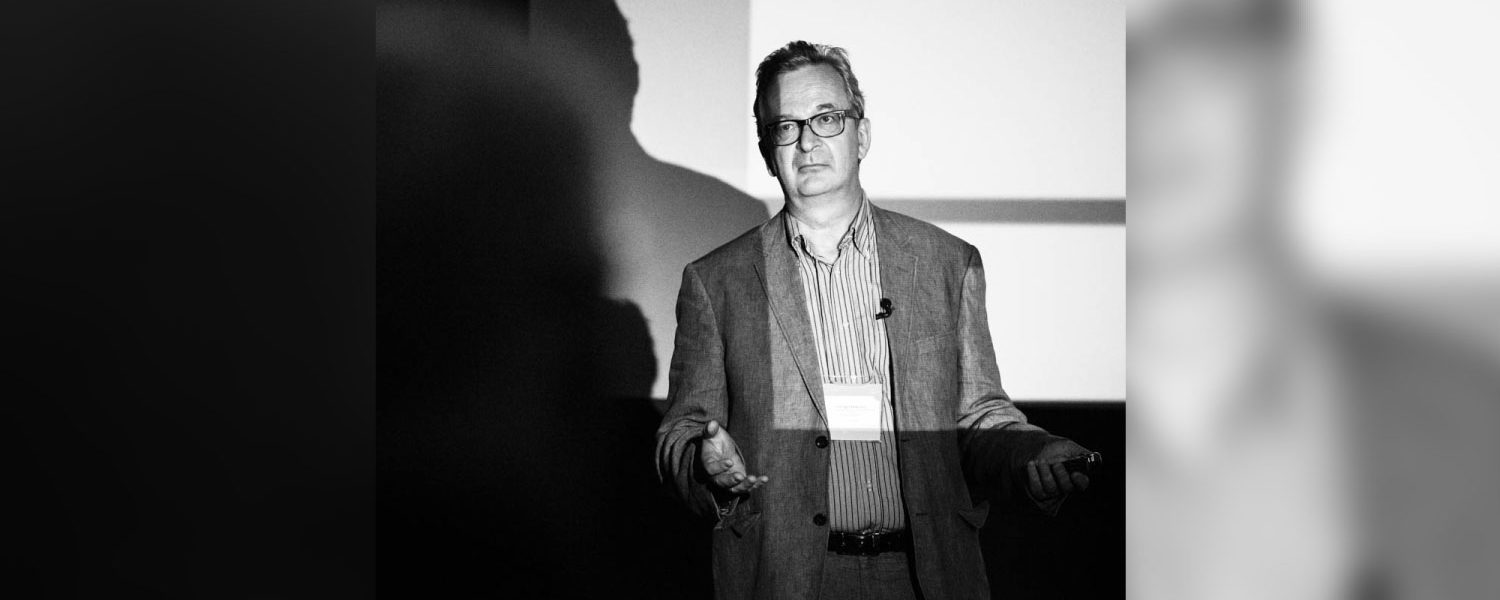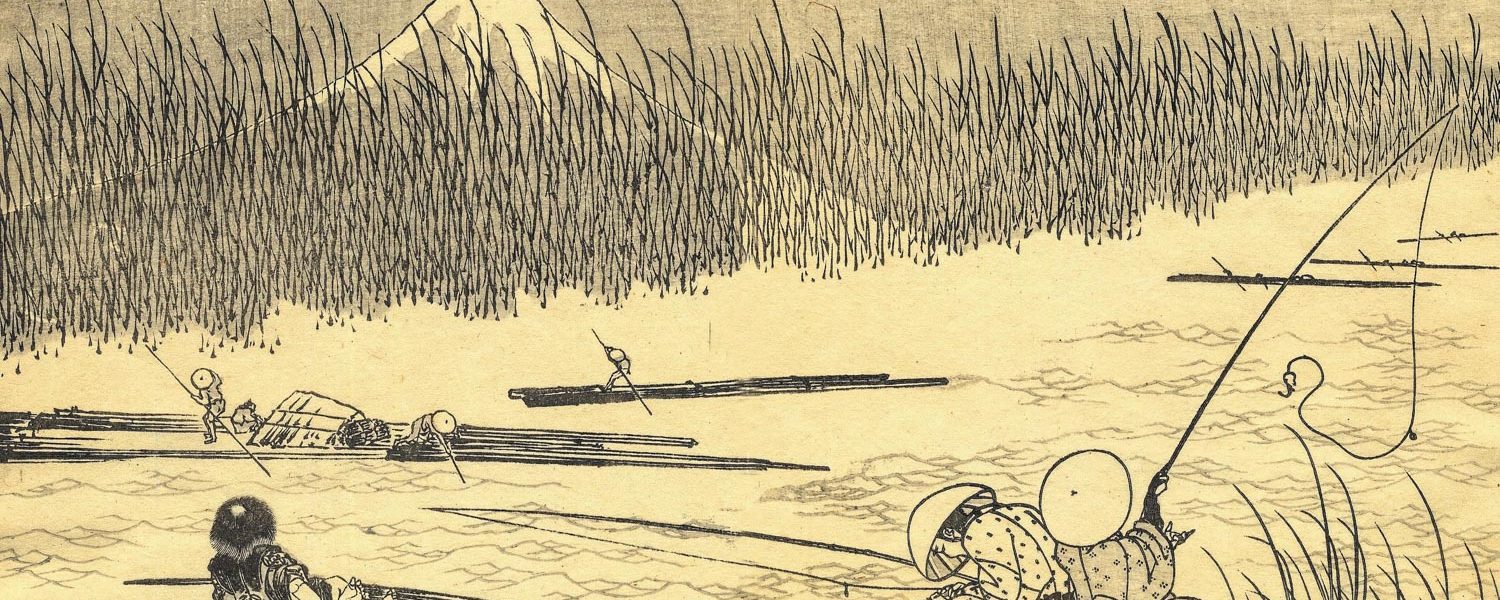Date: Wednesday February 21, 2018
Venue: Moscow State University (MSU), Russia
Theme: “International Academic Cooperation in Uncertain Times”
This event is by invitation only
The development of the internet and communication technologies have transformed our globe, and with ever better transportation networks, it has never been so easy for academics to work together; to meet, to collaborate, and to cooperate. However, these new opportunities are tempered by new challenges; academics must compete with a large stream of mediocrity, and the means to communicate widely and disseminate quickly allows embellishment, falsification, and unchecked (dis)information and “fake” news, and continued censorship and political interference.
Freedom and academic liberties are in many cases limited by secular traditions, by political controls, by the necessity to use a universal language. The economic crisis is often used as a pretext to limit funding to universities and research centres. These limitations affect all academic areas in the arts, humanities and social sciences.
The old Silk Road was an arteria to irrigate continents with new artefacts, but also new thinking. The new Silk Road programme aims to investigate all the aspects of intellectual and material transfers, but also to scrutinise all the barriers that prevent academic work. No field will be excluded.
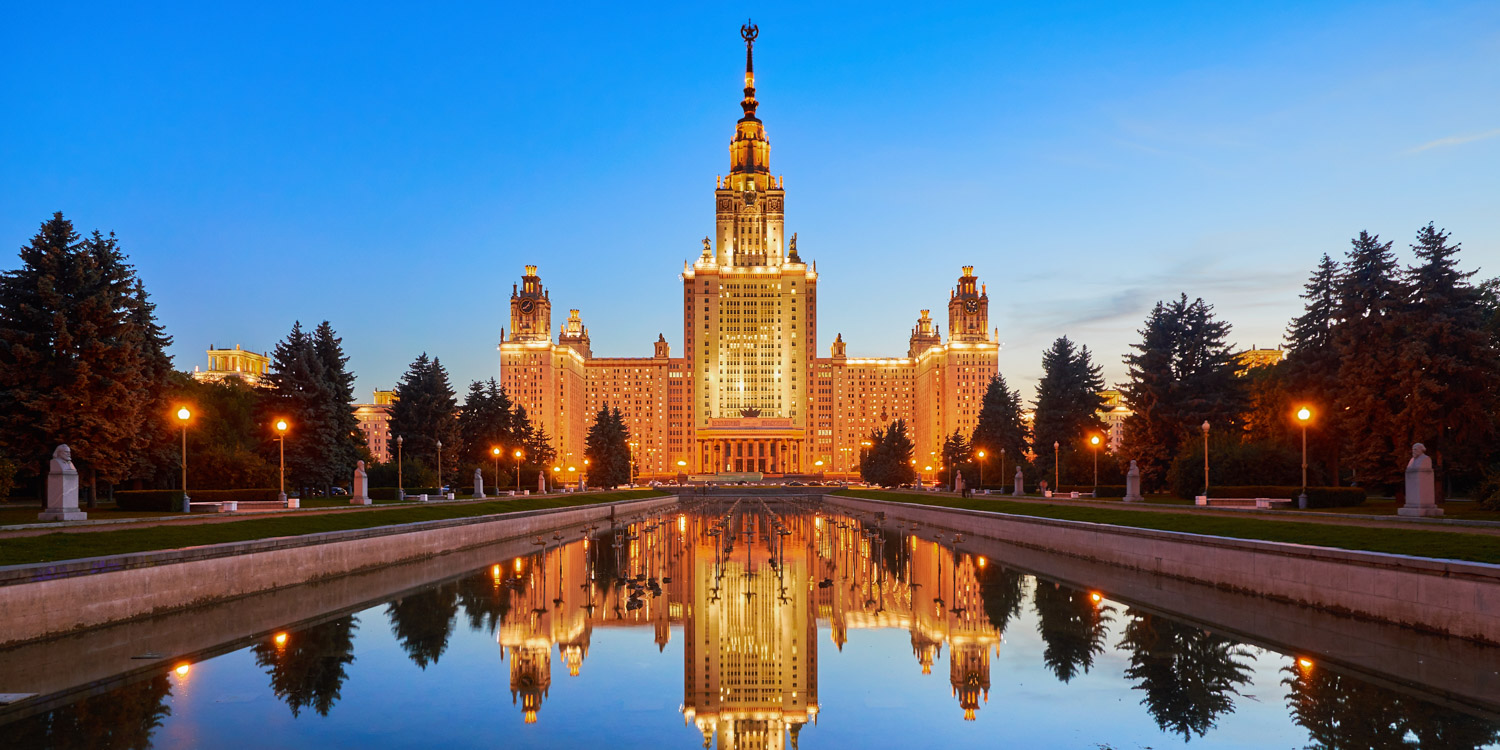
The Silk Road Initiative will consider the dissemination between humans past and present of the material such as ceramics, coinage, and jewelry, to the non-tangible, such as ideas, words, religions, and knowhow, and also such things that are at the same time immaterial and material from books and movies to illnesses and viruses.
Through the study of the historical and the contemporary, and the relation and movement between things, places and people, the Silk Road Initiative will help provide insights into our modern globalised world, where people are moving from one continent to another, bringing at the same time, language, culture, tradition and skills, whether skilled economic migrants, itinerant workers, or refugees fleeing war, famine or political repression.
Will the future academic world be (further) divided between those who can move, have free access to internet, and those who cannot, whatever the reason, political, cultural or economic? Will the Academy grow closer together or move further apart?
The Moscow meeting will:
- a list of sessions for a the Silk Road Initiative of “intercultural, international, interdisciplinary intellectual exchanges”;
- public calls or private funds that can support meetings and projects and apportion roles and responsibilities;
- how to best organise the Silk Road Initiative network system, and communicate with subscribers.
Round Table Outline
Wednesday February 21, 2018
Wednesday February 21, 2018
10:30-10:45 – Welcome Address
Professor Svetlana Ter Minasova, President, Faculty of Foreign Languages and Area Studies, MSU
10:45-12:15 – Session 1
Report on the ISRI: Dr Joseph Haldane, Chairman, IAFOR, and Professor Georges Depeyrot, Professor at the ENS/CNRS
Document Discussion: Country Reports Delivered & Discussed
12:15-13:15 Lunch
13:15-14:45 – Session 2
Document Discussion: Country Reports Delivered
14:45-15:15 Break
15:15-16:45 – Session 3
Session on future paths for the Silk Road and topics which will be incorporated
16:45-17:00 – Closing session
Professor Ljiljana Markovic, Dean, Faculty of Philology, University of Belgrade
18:30-21:00 Conference Dinner (This is at the expense of the participants)
Thursday February 22, 2018
10:00-13:00 Visit to Lenin’s Mausoleum, State Historical Museum
Organised by Dr Mishieva (MSU)
Topics to consider
Country Reports
Challenges and opportunities afforded by your context: To prepare 20-40 lines (no more than a side of A4)
- Challenges: How do we cooperate and collaborate meaningfully across cultures? How do we challenge dominant paradigms? How do we develop ideas across borders? What are the main constraints within which we work (such as access to documentation, internet, freedom of communication, censorship, interference)?
- Opportunities: Funding Opportunities
- Research Paths: Which research questions should we be raising in future Silk Road Initiative related meetings, conferences and round tables?
Overview
Silk Road Initiative Objectives
- To gather academics to examine topics consistent with their interest the Silk Road(s) and discuss related scientific research
- To provide an international forum for interaction, cooperation and collaboration between experts on the topic
- To develop clear consensus statements that defines our understanding of how to meaningfully develop international cooperative research projects
- To develop recommendations for future research
- To publish outcomes as white papers or research articles as appropriate
Streams
- Stream I: Space & Place: Geography, Architecture & The Built Environment
- Stream II: Cultural, Artistic, Linguistic & Literary Encounters & Exchanges
- Stream III: Ethics, Religion & Philosophy
- Stream IV: Economics, Business, Finance & Currency (Belt and Road)
- Stream V: Education & International Development
- Stream VI: Security & International Relations
This event is by invitation only
